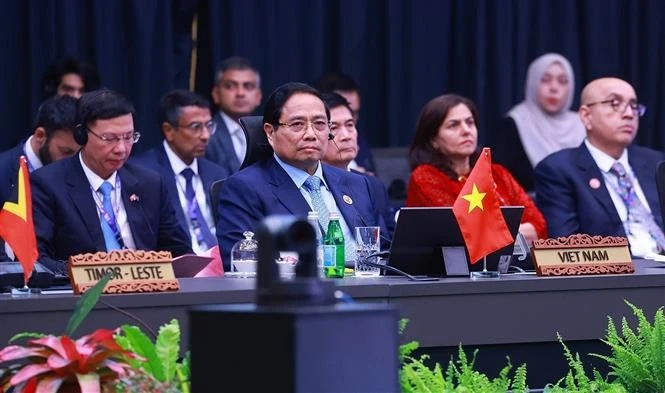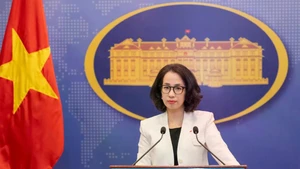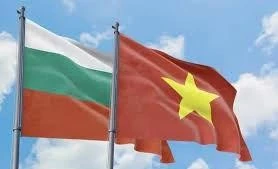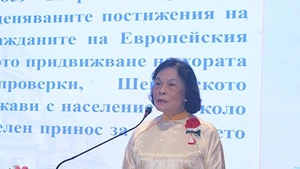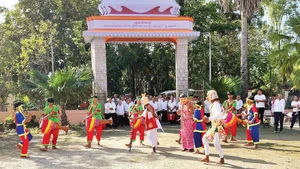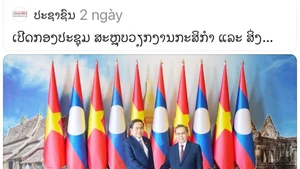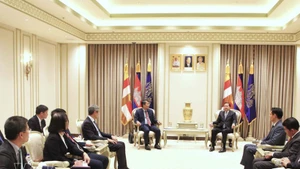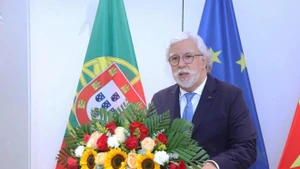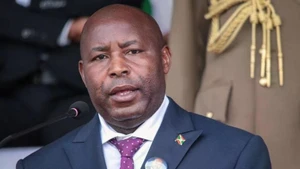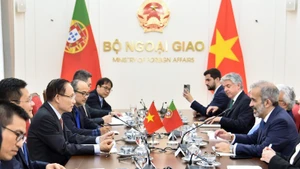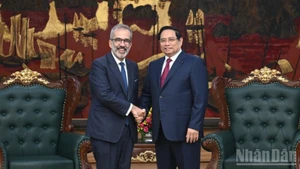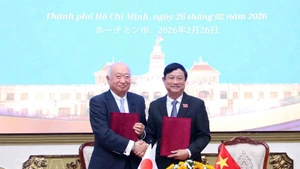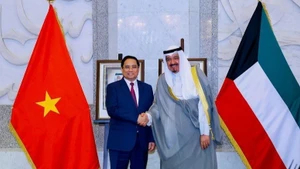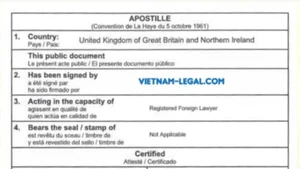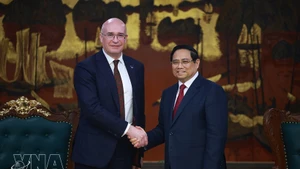First, PM Chinh stressed the need to strengthen economic connectivity and make the most of comparative advantages for sustainable and inclusive development; promote the role of businesses, especially small- and medium-sized enterprises (SMEs); restructure the ASEAN–India Business Council; boost investment in high technology, renewable energy, infrastructure, logistics, artificial intelligence (AI), and semiconductors; and enhance Mekong–Ganga subregional cooperation to narrow development gaps.
Second, he proposed expanding people-to-people exchanges and cooperation in education, healthcare, culture, and tourism; developing high-quality human resources; and increasing exchanges of scholars, students, and experts in areas such as smart agriculture, green technology, and food security.
Third, it is essential to promote maritime cooperation and the development of a sustainable blue economy; strengthen collaboration in maritime transport, science, and industry; and continue supporting ASEAN’s stance on the East Sea, ensuring security, safety, and freedom of navigation, as well as peacefully settling disputes in accordance with international law, particularly the 1982 United Nations Convention on the Law of the Sea (UNCLOS).
PM Chinh highly valued India’s role and contributions in promoting regional cooperation and amplifying the voice of developing countries in the global agenda. He affirmed that Viet Nam supports India’s continued implementation of its “Act East” policy and its efforts to strengthen comprehensive and substantive cooperation with ASEAN.
He emphasised that in the context of rapid and complex global developments, ASEAN and India - two “strategic anchors” linking the Indian and Pacific Oceans, with a combined population of over 2 billion and a total GDP of nearly 8 trillion USD - should uphold their roles and sense of responsibility in promoting regional and interregional cooperation, fostering solidarity and multilateralism, and making practical contributions to peace and sustainable development.
The PM affirmed that Viet Nam will continue to work closely with other ASEAN member states and India to promote substantive collaboration and contribute to peace, stability, and sustainable development in the region and beyond.
At the summit, both sides agreed to speed up the review process to upgrade the ASEAN–India Trade in Goods Agreement (AITIGA) towards a more business-friendly, streamlined, and effective framework, thereby promoting trade, investment, and inclusive, sustainable growth.
The summit adopted the ASEAN–India Action Plan for 2026–2030 as a roadmap for cooperation over the next five years, with priorities focusing on key areas such as the digital economy, innovation, clean energy, sustainable infrastructure, healthcare, education, food security, and narrowing development gaps.
ASEAN countries welcomed India’s new cooperation proposals and initiatives, including the ASEAN-India Fund for Digital Future and a 5 million USD contribution to support tourism cooperation under the ASEAN–India Year of Tourism 2025, thus helping foster people-to-people exchanges and cultural connectivity.
The leaders also agreed to designate “ASEAN–India Maritime Cooperation” as the theme for bilateral collaboration in 2026, aiming to expand cooperation in maritime security, marine science, blue economy, and maritime connectivity, and to organise the second ASEAN–India Maritime Exercise next year.
ASEAN member states proposed India enhance regional connectivity, including the completion and operationalisation of the India–Myanmar–Thailand Trilateral Highway, with a view to extending the route to Laos, Cambodia, and Viet Nam.
Indian Prime Minister Narendra Modi affirmed that India supports ASEAN’s priorities on inclusivity and sustainability, including cooperation in digital transformation, food security, sustainable supply chains, and the green economy.
India will strengthen collaboration with the bloc in education, tourism, science and technology, healthcare, green energy, and cybersecurity, while promoting people-to-people exchanges and the preservation of shared cultural heritage, he added.
Concluding the summit, the leaders adopted a Joint Statement on Sustainable Tourism, reaffirming their commitment to promoting substantive, inclusive, and sustainable cooperation between ASEAN and India in the new phase.
